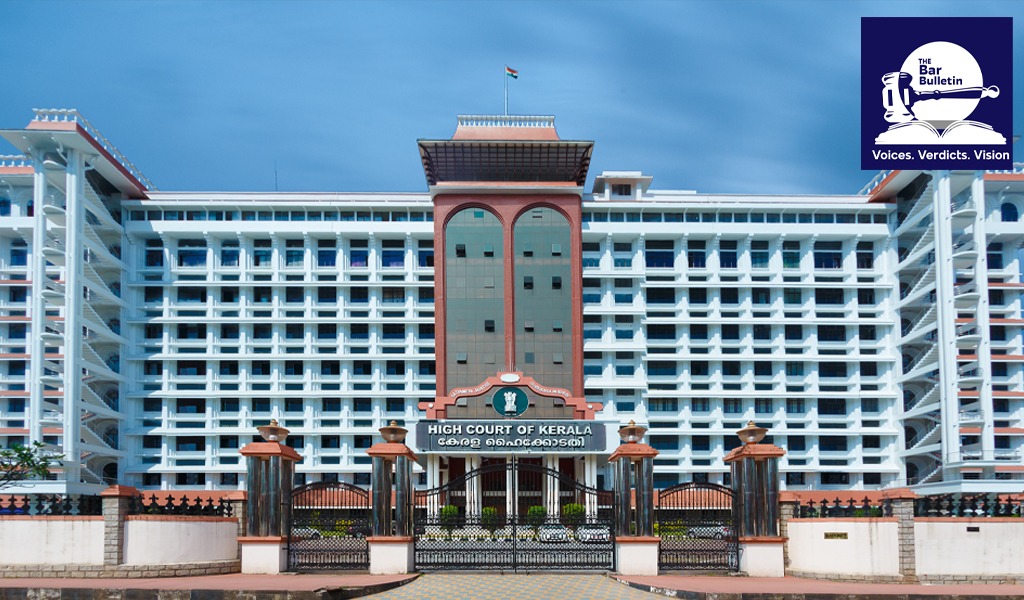The Kerala High Court (Ernakulam Bench) held that since the Income Tax Act is an all-India statute, and since what was challenged before the Court was the circular issued by the bank at the instance of the Association of Bank employees, the appellant-bank cannot be faulted for having honoured the stay orders issued by the Madras High Court.
The Court admitted that, as against payments made by the appellant bank to its employees towards Leave Travel Concession (LTC), it was bound to deduct tax at source on such payments. However, the appellant refrained from doing so, acting on the instructions of the Madras High Court. Therefore, the Court held that the appellant cannot be declared ‘in default’ under Section 201 of the Income Tax Act.
The Division Bench comprising Justice A. Muhamed Mustaque and Justice Harishankar V. Menon observed that only when the taxpayer, after having a liability to deduct tax at source, fails to do so, the question of invoking Section 201 of the Income Tax Act and treating the taxpayer as an ‘assessee in default’ arises.
Since, in the present case, the appellant-bank was handcuffed and could not have made any such deduction under Section 192 of the Income Tax Act, while making payment to its employee towards LTC or re-imbursement of LTC, in view of the interim order passed by the Madras High Court, the Bench concluded that neither the provisions of Section 201(1), nor the provisions of Section 201(1A) of the Income Tax Act are attracted to the case at hand.
Briefly, the appellant bank has been providing reimbursement of Leave Travel Concession (LTC) to its employees. In the meantime, pursuant to a circular dated April 15, 2014, issued by the bank, LTC, as regards overseas travel facility to the employees, stood withdrawn. When the circular was challenged at the instance of the association of the employees of the bank, the Madras High Court stayed the operation of the circular. Later, the stay order was sought to be clarified at the instance of the employees of the bank, complaining that the bank was taking steps to ‘deduct tax at source’, treating the payments to the employees based on the interim order as ‘income’ of the employees.
Therefore, the Madras High Court vide its interim order clarified that any amount paid to the employee towards LTC or re-imbursement of LTC pursuant to the impugned order would not amount to income so as to enable the bank to deduct tax at source. However, it was made clear that if the petition was dismissed, the employees would be liable to pay tax on the amount paid by the bank. Since the payment to the employee would not amount to his income to enable the bank to deduct tax at source, as per the interim order, the appellant could not deduct tax while making payment to the employees.
Later, even though the appellant submitted that the deduction of tax could not be carried out from the employees on such payment by virtue of the stay orders, such explanation was brushed aside, and the appellant was treated as an ‘assessee in default’ demanding tax under Section 201(1) and interest under Section 201(1A) of the Income Tax Act. This assessment was confirmed by the ITAT.
Appearances:
Advocates G. Mini, A. Kumar, P.J. Anilkumar, P.S. Sree Prasad, and Satyajith K. Warrier, for the Appellant/ Taxpayer
Advocates P.G. Jayashankar and Navaneeth N. Nath, for the Respondent/ Revenue

